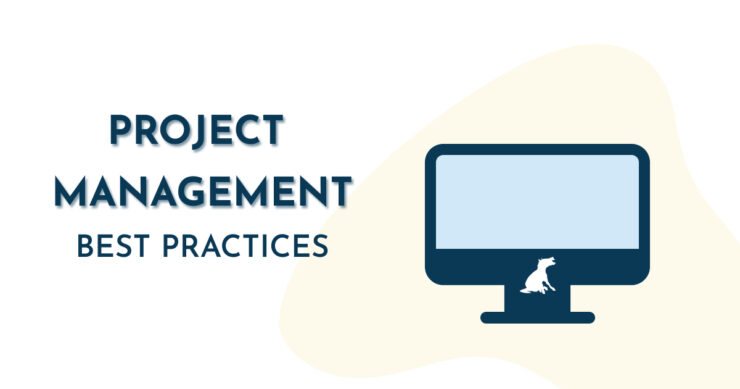
Successfully managing a project requires a combination of skills, tools, and techniques. Here are some key best practices to help guide project managers toward successful project completion.
1. Define Clear Objectives
Establishing clear, measurable objectives at the outset is crucial. Objectives should be SMART: Specific, Measurable, Achievable, Relevant, and Time-bound. This ensures that everyone involved understands the goals and can work towards them effectively.
2. Develop a Detailed Plan
A detailed project plan serves as a roadmap for the project. It should include:
- A timeline with milestones
- Resource allocation
- Risk management strategies
- Budget estimates
This plan should be flexible enough to adapt to changes but detailed enough to guide project execution.
3. Assemble the Right Team
Selecting the right people for your project team is essential. Consider:
- Skills and expertise: Ensure team members possess the necessary skills to complete tasks effectively.
- Team dynamics: Choose individuals who work well together and complement each other’s strengths.
- Resource availability: Confirm that team members have the time and resources needed to contribute fully to the project.
4. Communicate Effectively
Effective communication is the backbone of successful project management. Implement the following:
- Regular meetings: Hold consistent team meetings to discuss progress, address issues, and make decisions.
- Clear communication channels: Establish how and where information will be shared.
- Stakeholder updates: Keep stakeholders informed about project progress and any changes that may impact them.
5. Monitor and Control Progress
Ongoing monitoring and control are necessary to ensure the project stays on track. Techniques include:
- Performance metrics: Use key performance indicators (KPIs) to measure progress against objectives.
- Regular reviews: Conduct periodic reviews to identify potential issues early.
- Risk management: Continuously assess risks and implement mitigation strategies as needed.
6. Manage Changes Wisely
Change is inevitable in any project, but managing it effectively can prevent disruptions. Best practices include:
- Change control process: Establish a formal process for submitting, reviewing, and approving changes.
- Impact analysis: Assess how proposed changes will affect the project’s scope, timeline, and budget.
- Stakeholder consultation: Engage stakeholders in decisions regarding major changes to ensure alignment and support.
7. Conduct Post-Project Evaluation
Once the project is complete, conduct a thorough evaluation to identify successes and areas for improvement. This should involve:
- A review meeting with the project team and stakeholders
- Documentation of lessons learned
- Feedback collection from team members and stakeholders
This evaluation can provide valuable insights for future projects and contribute to continuous improvement.
By implementing these best practices, project managers can increase the likelihood of achieving project success and delivering value to stakeholders. For additional insight, be sure to check out our other blog posts.

